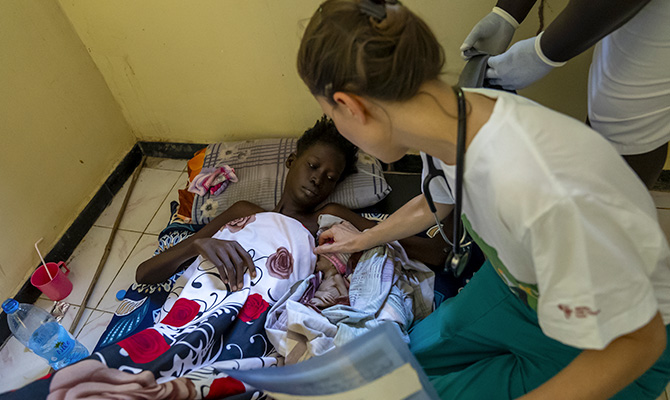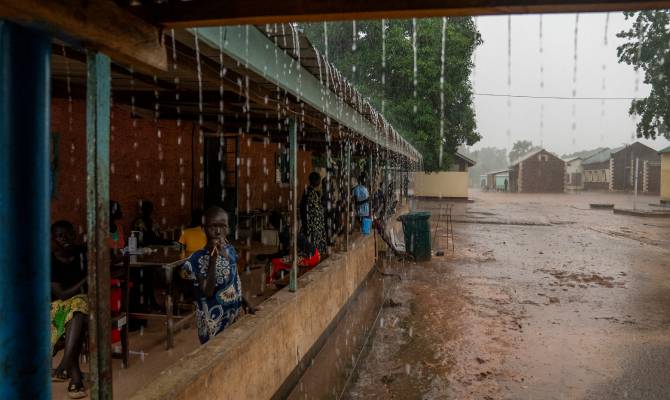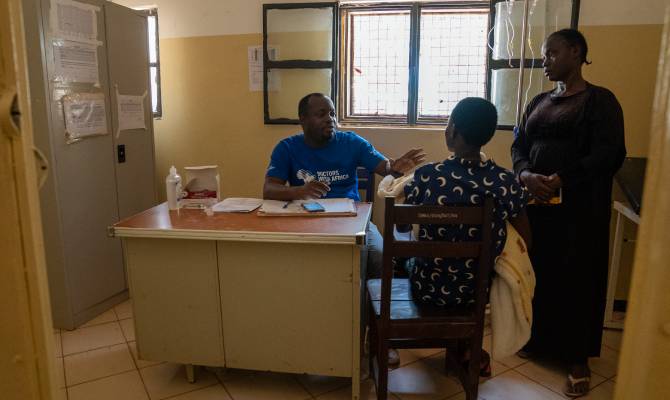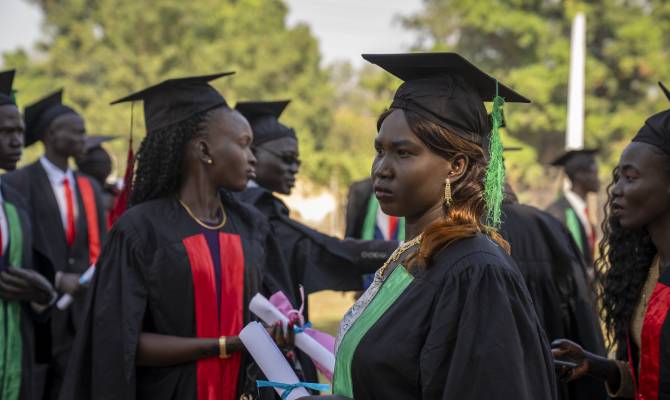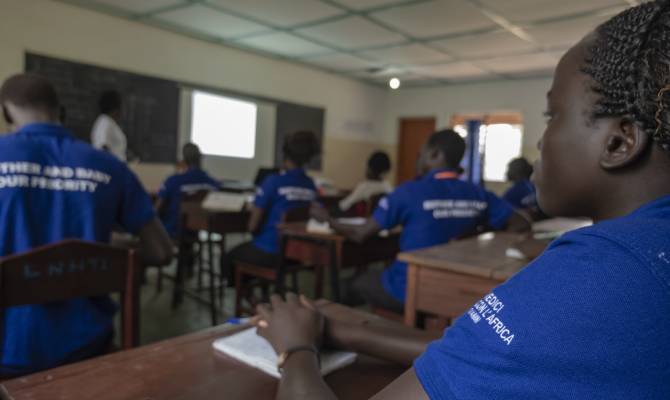This is a good news. Although it seems to be of little value taking into account the endless needs of South Sudan, it does make a difference for many, especially mothers and children. We are talking about the new emergency referral system launched in Lakes State, South Sudan. It serves 8 counties with 8 ambulances, on duty 24/7, free of charge. Every single health centre can now refer to the three hospitals in Rumbek, Yirol and Cueibet. By calling the emergency number, they receive information from qualified health personnel who send them the ambulance in case of emergency. Such system allows to handle emergencies in the most efficient way ensuring the right assistance from qualified personnel in well equipped facilities. The service is provided by the Health Ministry of the State in collaboration with both Doctors with Africa CUAMM and local authorities.
Lakes State borders Unity and Jonglei States. It counts 675,047 inhabitants and 208,277 IDPs. Over 80% of the population live in poverty, 59% are in need of humanitarian assistance and 25% live in a state of disaster. While the percentage of malnourished women was of 18,5% as in 2016, today it increased to 36%. Women and girls represent half the percentage of people living in need of humanitarian aid.
«The importance and the meaning of CUAMM intervention lies behind the data because data are people, they are women and children. I have met many. Joyce, Amina, Grace, Martha, Suzan. They look brave yet you can see they are fragile. What they are going through is something far away from our imagination – says Chiara Scanagatta, CUAMM Programme Manager. In South Sudan 50% of the girls are forced into marriage before the age of 18; only 19% of the women are literate and only a few are economically independent. It is estimated that in Lakes State over 80% of the women do not have free access to maternal healthcare either to safe delivery. Why? Because of the distance from the health facilities but also because of the ignorance about the risks of home birth and poverty. Gender based violence is also another issue in South Sudan where 97% of gbv cases reported concerns women and girls. What is alarming is the high tolerance toward gender-based violence that is not only accepted but considered normal in some circumstances, such as the decision to go to the hospital, made by the woman without her husband’s permission».
Such information do nothing but testify the level of criticality in South Sudan where the maternal mortality rate is of 789 per 100,000 women while neonatal mortality rate is of 30 per 1,000 live births. Those data drove the commitment to improve the access to health care for the most vulnerable groups (women, children and people living with disabilities) among both IDPs and host communities with the aim to offer them quality medical and nutritional services also during emergencies. The emergency referral system, launched by Doctors with Africa CUAMM in collaboration with Ovci La Nostra Famiglia and funded by The Italian Agency for Development Cooperation is one of the initiatives implemented to respond to the chronic emergency South Sudan lives in.
«As CUAMM, we decided to promote this intervention with the aim to strenghtening the health facilities, respond to obstetric emergencies and educate both the women and the whole community. We believe that if a woman has access to healthcare, she can not only give birth safely but also acquire information and mature awareness with respect to her own well-being as to that of those who live around her, such as children» said Chiara.

